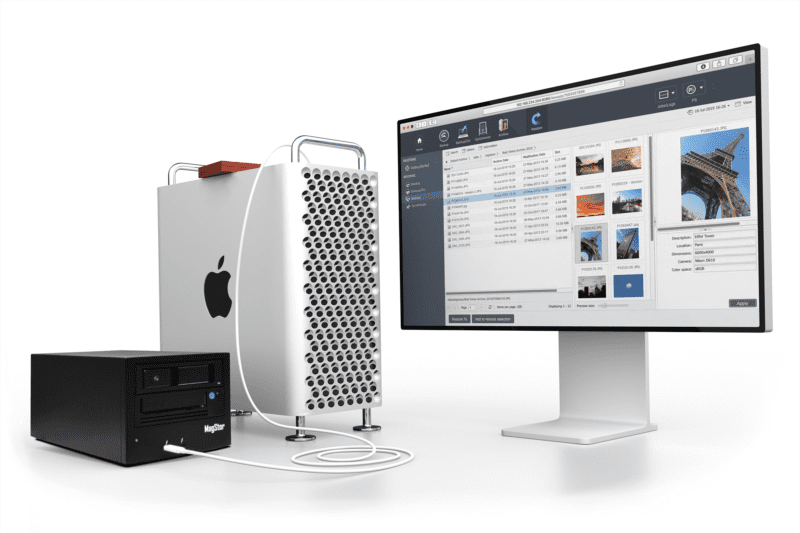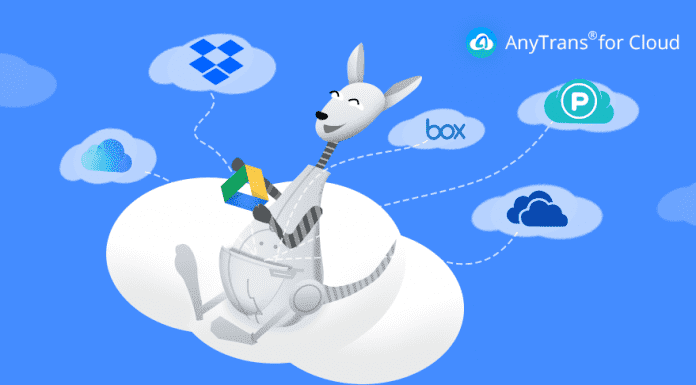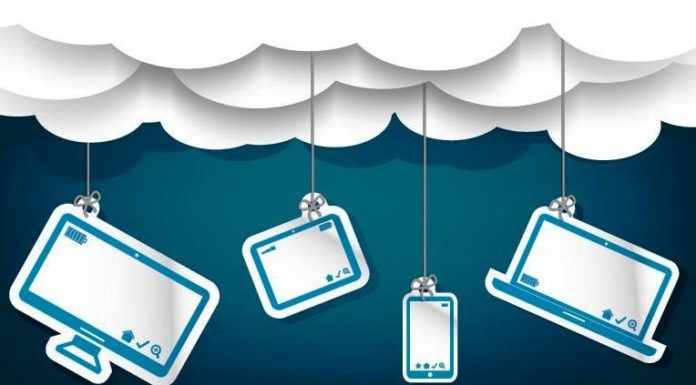Archivists are responsible for editing and preserving permanent records and historically important records. They are specially trained to organize and safely keep the original material and help other people obtain it in the future. Archivists deal with a hoard of records, including photographs, paper documents including personal and government documents, films, maps, letters, diaries, and even computer records—a file archiving software aids archivists in doing their job while providing added efficiency and security.
Archiving software is adept at retaining and retrieving data quickly. Apart from this, this software also complies with standard security measures and protects such records. Once the records have been uploaded to the archiving software, they can be easily tracked and recovered in their native context and form for better understanding. Integration of archive software is crucial for major banks and governments to store and organize many data and records effectively. There are several credible file archiving software that can benefit archivists in their work. Here are a few instances of archiving software and its key features.
1. SimpleIndex
SimpleIndex is a powerful software that can turn paper records into archived digital images with only a computer and a scanner. These images can be indexed and searched as well as retrieved as electronic records. This kind of software that allows batch scanning and index operations is most beneficial in the real estate, insurance, financial, academic, and legal sectors. SimpleIndex automates the process of scanning and categorizing thousands of documents.
Key Features
- The software fully supports OCR or optical character recognition as well as barcode recognition. It is also integrated with the support of Microsoft Sharepoint.
- It can handle batches of documents smoothly with the help of its innovative indexing system.
- It is equipped with effective digital imaging drivers and file management functions.
2. PageFreezer
Users can avail PageFreezer as a SaaS to gain indefinite storage space for their digital records. With the help of their long-term data retention feature, this software is quite adept in restoring working environments after a company has sustained data loss or damage. Hospitality and healthcare industries benefit the most from such software.
Key Features
- PageFreezer provides enterprise-level security while being compliant with GDPR, FOIA, and CCPA regulations.
- The software has an additional feature of monitoring all the company’s social media content to prevent any information leaks.
- Users can also archive information from websites along with each pages’ metadata and timestamps.
3. Archive Manager
Apart from the usual logging of backups and making recovery of data
easy from a curated database, Archive Manager can perform a list of several other functions. From the real-time collaboration between archives and tracing changes in data to maintaining an extensive email archive, the Archive Manager is an all-rounder content management software. The software also comes with distributed cloud computing and storage, which fulfills all the concepts of modern archives. This also prevents the collapse of a company after massive hardware failures and ransomware.
Key Features
- With its smart search, users can index and curate data easily. Moreover, learning how to deep search in this software is easy to learn and requires almost no training.
- Easily import and export data along with the generation of usage reports.
- It promotes enhanced collaboration with immediate visibility of any additions, removals, or changes in any data.
Archiving is a tedious job that has to be done carefully. With the right software, the process of digitizing and storing records becomes much easier for archivers. The given archiving software and every other archiving software in the market have a hoard of extra features other than their default functions. From providing additional security to stored data records to laying out a comprehensive and complex system for searching specific records through the database, archiving software is the ultimate solution for modern archivists.
This software is a more efficient choice than offline storage devices, like hard drives and flash storage, that can malfunction at any time without proper maintenance. Cloud-based storage systems that come along with this software are a much more secure and safer option. Companies must choose the one that suits their archiving requirements as well as their budgets.








![[Buy Now] Onda V80 Review Tablet PC ‘Offer’ Price (Buying Guide) Onda V80](https://www.techinpost.com/wp-content/uploads/2018/02/image001-317x235.png)





